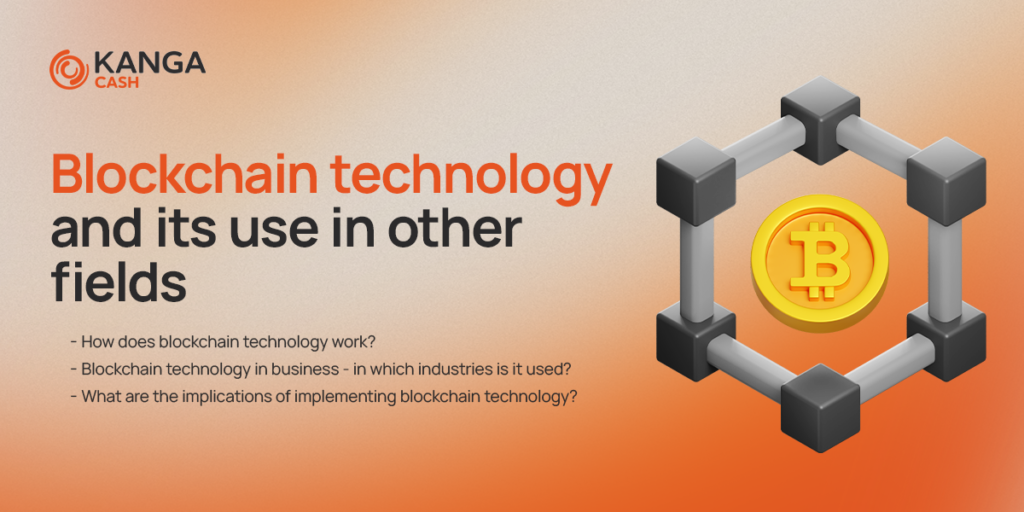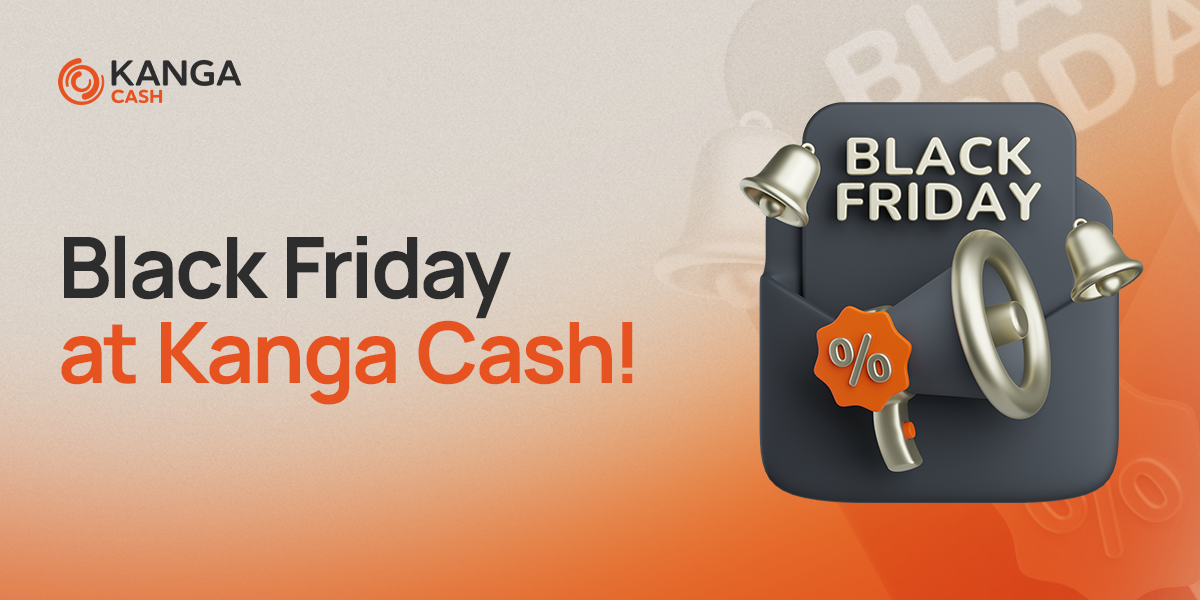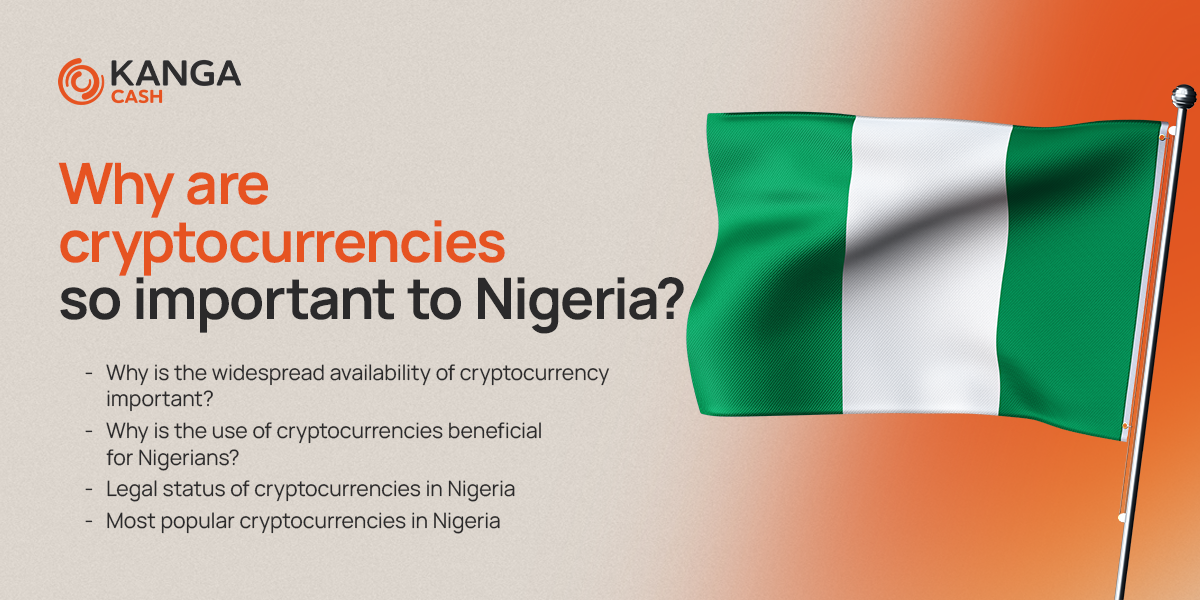Blockchain technology and its use in other fields

Surely you’ve come across the term “blockchain” a lot in the last few years, probably in reference to cryptocurrencies like bitcoin. However, this technology may also have other uses. As it turns out, it is also used by entities operating in the digital world that are not related to cryptocurrencies. You will learn about the huge potential of blockchain technology from this article!
How does blockchain technology works?
Recently, you could hear a lot about blockchain technology and its potential. Many companies around the world are starting to be interested in it and integrate it into their activities. But how exactly does this technology work? Does it make significant changes? Blockchain is still a relatively new phenomenon, but it may become revolutionary in the near future. Therefore, it is worth demystifying this technology.
Blockchain can be considered as a combination of several leading technologies: cryptographic keys, peer-to-peer networks and computing means.
Cryptographic keys fall into two categories – private keys and public keys. They are extremely important when it comes to conducting successful transactions between two parties. Each user has both keys, which they use to secure their digital identity. This secured identity is one of the most essential aspects of blockchain technology. In the cryptocurrency industry, this identity is also referred to as a “digital signature” and is used to authorize and control transactions.
The digital signature connects to a peer-to-peer network. A large proportion of users use a digital signature, among other things, to reach a consensus on transactions. When they authorize a transaction, it is confirmed by mathematical verification which results in a successful secured transaction between two parties connected to the network. In conclusion, Blockchain network users use cryptographic keys to perform various types of digital interactions on a peer-to-peer network.
In addition, we can distinguish four types of blockchains.
Private Blockchain networks
How do private blockchains work? Most often they are intended for closed groups and are often used in companies or private organizations. These blockchains allow network parameters such as access and authorization levels and other important security settings to be adjusted according to users’ preferences. Unlike public blockchain networks where anyone can join the network, private networks are controlled by only one entity.
Public Blockchain networks
The most popular cryptocurrencies, such as Bitcoin, come from public blockchains. These also played a large role in popularizing distributed ledger technology (DLT). Public blockchains also allow solving problems related to data security and centralization. Information is spread across a peer-to-peer network, not stored in one place. Verification of the authenticity of information is based on a consensus algorithm, examples of which are Proof of Stake (PoS) and Proof of Work (PoW).
Blockchain networks allowed
This type of network is sometimes referred to as hybrid blockchains. It is a type of private blockchain that allows special access only to authorized people. These blockchains are created by organizations aiming to combine the advantages of private and public blockchain networks. Unlike public blockchains, which are open to anyone and allow for anonymity, permitted blockchains enable access control and data privacy. This allows you to control who has access to the network and what information is available to each user.
Blockchain consortium
It is another blockchain network that combines the features of private and public blockchains. While they can be complicated to set up, they offer greater security once they’re up and running and are ideal for collaborating with multiple organizations. This seems to be a particularly useful solution for companies that want to share data and collaborate in creating and using distributed applications, but at the same time want to maintain control over their data.
Blockchain technology in business – in which industries is it used?
Medical industry
Is the use of blockchain technology in the medical industry possible? Well, one of the serious problems in the case of this industry is the lack of a universal system for identifying patients and managing medical records. Using the potential of blockchain technology in this case could unify this system and increase security when it comes to storing patient data. Why is it so important? It turns out that more than 176 million patient records have been leaked over the past decade, including their banking information and genetic testing.
While paper-based medical records would be safer, the amount of data generated daily makes it impossible to manage. Additionally, the BIS Research report suggests that blockchain technology could help the healthcare industry save many millions of dollars annually. The use of blockchain would also allow for the reduction of unnecessary costs related to, for example, data breaches, IT costs or operational costs.
In addition, blockchain can help pharmaceutical companies control drugs throughout the supply chain, which will make theft more difficult and allow irregularities to be detected quickly. Thanks to the use of blockchain, information about every stage of production, distribution and sale of a drug could be saved in a decentralized network. In this way, it would be possible to quickly identify where and when any errors occurred.
Insurance industry
The use of blockchain technology in the insurance sector can bring many benefits. One of the most important is improving security and transparency in asset management, as well as allowing data to be shared between different parties in a trusted and traceable way. This can help in the fight against fraud and contribute to the reduction of costs associated with conducting insurance business.
It also seems important that blockchain can speed up the processes of paying compensation, which is crucial for customer satisfaction and building their trust in the insurer. In addition, the introduction of this technology to the insurance sector may also bring benefits to the insurers themselves. By reducing operating costs and increasing efficiency, these companies can be more competitive in the market and offer better insurance terms to their customers.
Supply chain management
The use of blockchain for supply chain management would also bring many benefits to enterprises. This business sector is associated, among other things, with the storage of huge amounts of data. The use of blockchain technology in this case would allow for the safe storage of data, which is especially important when it comes to shipments that cross country borders and may be at risk of theft or loss.
Another benefit that would result from the use of blockchain technology is the automation of processes. Blockchain can help automate supply chain processes, which would save a lot of time and money. What’s more, blockchain would also make it easier to track shipments and goods at every stage of the supply chain, allowing potential problems to be identified and responded to more quickly.
In conclusion, the use of blockchain technology can improve the security, transparency and efficiency of supply chain operations and increase customer satisfaction.
What are the implications of implementing blockchain technology?
The concept of trust is important in the case of blockchain, especially in the sphere of international transactions. Previously, lawyers were hired to bridge the trust gap between two different parties, but this cost extra time and money. Nevertheless, cryptocurrencies eliminate the need for third-party interference. Many organizations are located in areas where resources are scarce and corruption is common. In such cases, blockchain provides a significant advantage to affected individuals and organizations by allowing them to avoid the tricks of unreliable third-party intermediaries.
The new reality of the Internet of Things (IoT) is already teeming with smart devices that — turn on washing machines; drive cars instead of drivers; manage road safety. In all these cases (and not only), the use of blockchain technology by creating smart contracts will enable any entity to streamline operations and keep more accurate records.


